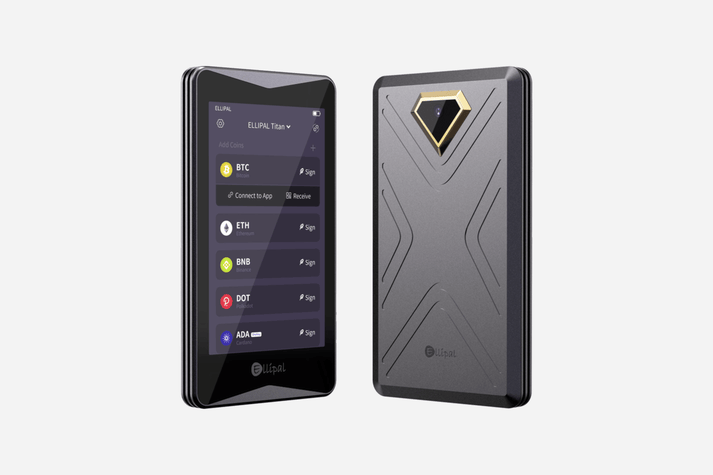-
 Retrouver dansMembres
Retrouver dansMembres Retrouver dansVidéos
Retrouver dansVidéos Retrouver dansChaînes
Retrouver dansChaînes
This website uses cookies to ensure you get the best experience on our website.
To learn more about our privacy policy Cliquez iciPréférence de confidentialité
- Mots clés - #BLOG
-
- Dernière mise à jour 20 octobre 2024 0 commentaire , 84 vues, 0 comme
More in Politics
Related Blogs
Les archives
Understanding Cold Wallets: The Best Practices for Safeguarding Your Cryptocurrency
Corps
In the ever-evolving world of cryptocurrency, securing your digital assets is paramount. One of the most effective methods for safeguarding your investments is through the use of a cold wallet. But what exactly is a cold wallet, and how does it differ from other types of wallets? This article will delve into the intricacies of cold wallets, their advantages, and best practices for usage.

What is a Cold Wallet?
A cold wallet refers to a type of cryptocurrency wallet that is not connected to the internet. This offline storage method significantly reduces the risk of hacking and unauthorized access. Cold wallets can take various forms, including hardware wallets, paper wallets, and even air-gapped computers. By keeping your private keys offline, you can ensure that your cryptocurrency remains secure from online threats.
Advantages of Using a Cold Wallet
There are several compelling reasons to consider using a cold wallet for your cryptocurrency storage:
- Enhanced Security: Since cold wallets are offline, they are less susceptible to cyber attacks.
- Control Over Private Keys: Users maintain full control of their private keys, reducing reliance on third-party services.
- Long-Term Storage: Cold wallets are ideal for holding assets that you do not plan to trade frequently.
Best Practices for Using a Cold Wallet
To maximize the security of your cryptocurrency, consider the following best practices when using a cold wallet:
- Choose a Reputable Hardware Wallet: Opt for well-reviewed hardware wallets, such as the
, which offer robust security features.
- Keep Your Recovery Phrase Secure: Store your recovery phrase in a safe place, separate from your wallet.
- Regularly Update Your Wallet: Ensure that your cold wallet firmware is up to date to protect against vulnerabilities.
- Limit Access: Only access your cold wallet in a secure environment to minimize the risk of exposure.
Conclusion
In conclusion, a cold wallet is an essential tool for anyone serious about protecting their cryptocurrency investments. By understanding the benefits and implementing best practices, you can significantly enhance the security of your digital assets. As the cryptocurrency landscape continues to evolve, staying informed and vigilant is key to safeguarding your financial future.






commentaires